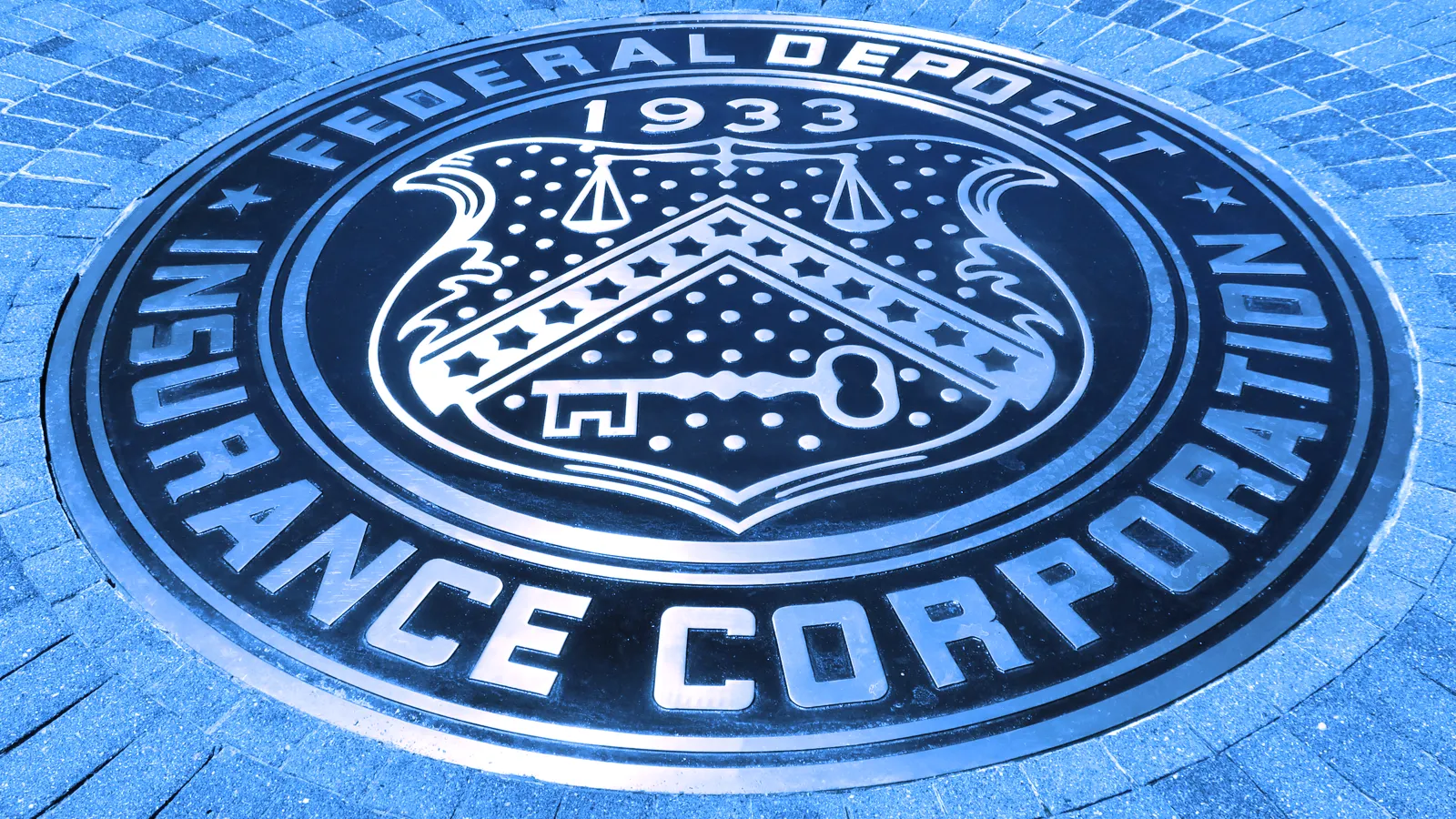The Federal Deposit Insurance Corporation (FDIC) has launched a probe into the bankrupt crypto company Voyager Digital for allegedly deceiving users.
FDIC is a consumer protection agency that insures user deposits, oversees financial institutions, including banks, for safety, and protects investors in the event of bank failures.
Voyager Digital, the Toronto-based crypto firm, reportedly marketed that all depositors in the firm were covered by FDIC insurance through its partnership with Metropolitan Commercial Bank, Voyager’s banking partner.
In simple terms, it may have sold Voyager as FDIC insured.
The FDIC spokesperson confirmed to Bloomberg that only Metropolitan Commercial Bank is insured, not Voyager.
Hence, the depositors are not protected against Voyager’s failure, including bankruptcy and loss in value of products.
Last week, Voyager filed for bankruptcy after one of its significant debtors, Three Arrows Capital, which owes $650 million, went insolvent, leaving its user funds at risk.
On July 6, the Toronto Stock Exchange (TSX) suspended the trading of Voyager’s stock (TSE: VOYG) at around $0.27, a 98% decline year-to-date.
Today, Voyager has announced that they will voluntarily delist their shares from the Toronto Stock Exchange (TSX). Trading is also halted in U.S OTC Markets.
Voyager misrepresents FDIC Insurance
In a blog post dating back to December 2019, Voyager explained that the FDIC insurance covers both Voyager and its banking partner’s failure.
“In the rare event your USD funds are compromised due to the company or our banking partner's failure, you are guaranteed a full reimbursement (up to $250,000),” read the post, according to web archives.
Yesterday, this wording was, however, modified, and the protection of FDIC insurance against Voyager’s failures was removed.
In its place, the following now appears: “In the rare event your USD funds are compromised, you are guaranteed a full reimbursement (up to $250,000), so the cash you hold with Voyager is protected.”

